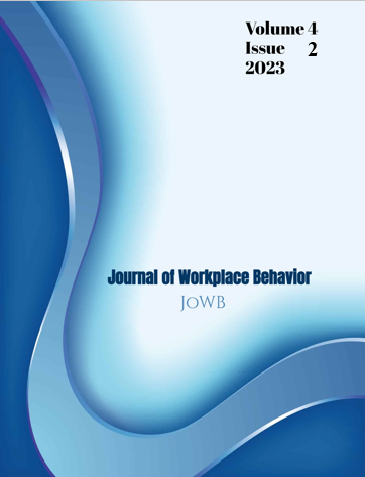Relating e-HRM practices with Transformational e-HRM outcomes: The mediating role of proximal outcomes Relating e-HRM practices with Transformational e-HRM outcomes
Main Article Content
Abstract
The aim of this quantitative study is to analyze the impact of e-HRM practices on operational, relational, and transformational e-HRM outcomes. It also aims to explore if the adoption of e-HRM practices influences transformational e-HRM outcomes through the mediation of operational and relational e-HRM outcomes. Remenyi's and Zuboff's IT frameworks and the RBV paradigm serve as the foundation for the research framework. The study found evidence supporting these theories, showing that e-HRM practices have a significant impact on operational, relational, and transformational e-HRM outcomes. It also provided empirical evidence that operational and relational e-HRM outcomes positively mediate the relationship between e-HRM practices and transformational e-HRM outcomes. The study's generalizability is limited due to its small sample size and participants being Pakistani HR managers and executives only. Future research should include all stakeholders, consider long-term outcomes, and explore contingency factors like innovative climate, supportive work environment, and sustainable leadership style. Longitudinal data is recommended in future studies for causal relationships. It is recommended that organizations should align their e-HRM practices to achieve strategic excellence and utilize their capabilities for operational, relational, and transformational e-HRM outcomes. Embracing technology can enhance performance and competitive advantage. HR functions should act as change strategists to meet business demands and optimize outcomes. The study offers valuable insights for selecting and tuning their practices to achieve optimal proximal and distal outcomes. The main novelty of this study is the findings that operational and relational e-HRM outcomes partially mediate the influence of e-HRM practices on transformational e-HRM outcomes.

